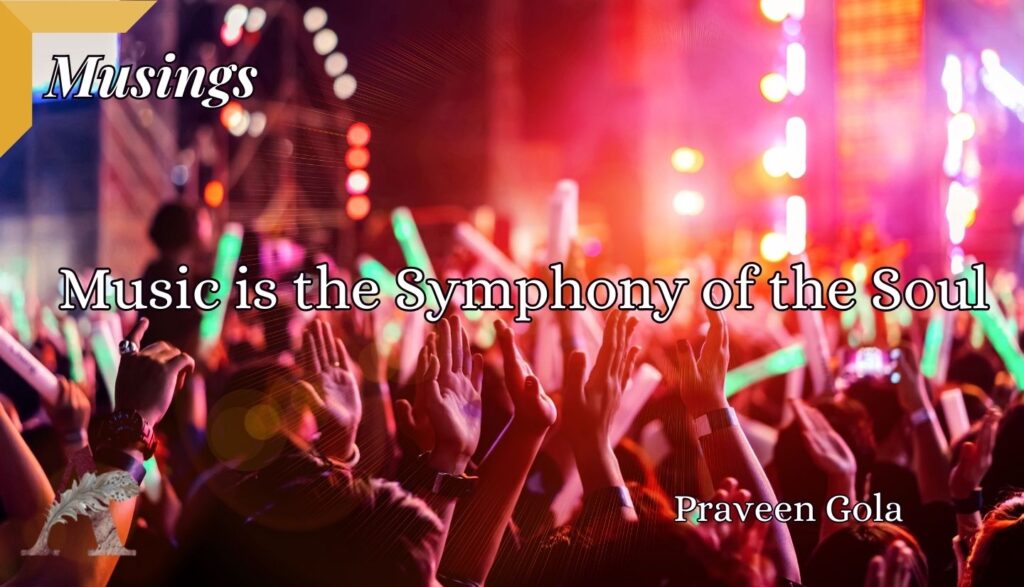
Music is often described as the symphony of the soul, a sentiment that resonates deeply with those who understand its profound impact on human emotions, thoughts, and experiences. From the rhythmic beats of a drum to the melodious notes of a violin, music has the power to evoke a wide range of feelings, connect people across cultures, and transcend barriers of language and distance.
At its essence, music is more than just organized sound; it is a form of expression that speaks directly to the human spirit. It has the ability to convey complex emotions that words alone cannot capture, allowing individuals to tap into their innermost thoughts and feelings. Whether it’s the joyous celebration of a triumphant melody or the melancholic reflection of a soulful ballad, music has the ability to touch the deepest parts of our being.
One of the most remarkable aspects of music is its universality. Regardless of cultural background or language, people from all walks of life can appreciate and connect with music on a profound level. It serves as a common language that transcends borders, fostering a sense of unity and understanding among diverse groups of people. In a world often divided by differences, music has the power to bring people together, reminding us of our shared humanity.
Furthermore, music has the ability to evoke memories and transport us to different times and places. A familiar tune can instantly evoke feelings of nostalgia, reminding us of past experiences and cherished moments. Whether it’s the song that played at a wedding or the soundtrack of a road trip, music has the remarkable ability to preserve memories and evoke powerful emotions long after the moment has passed.
Beyond its emotional impact, music also plays a significant role in personal and cultural identity. It serves as a reflection of society, capturing the spirit and values of a particular time and place. From traditional folk songs passed down through generations to contemporary pop hits that define an era, music has the power to shape cultural identity and provide a sense of belonging for individuals and communities alike.
Moreover, music has been shown to have numerous therapeutic benefits, offering comfort and solace during difficult times. Whether it’s the soothing melodies of classical music or the energetic rhythms of rock and roll, music has the power to uplift spirits, reduce stress, and promote healing. In fact, music therapy has become increasingly recognized as an effective form of treatment for a variety of physical, emotional, and psychological conditions.
In conclusion, music truly is the symphony of the soul, touching hearts and minds in ways that words alone cannot. It serves as a universal language that transcends barriers, connects people across cultures, and evokes powerful emotions. From its ability to evoke memories and shape cultural identity to its therapeutic benefits and capacity for personal expression, music enriches our lives in countless ways.
As the great philosopher Plato once said, “Music gives a soul to the universe, wings to the mind, flight to the imagination, and life to everything.”
Praveen Gola

0 Comments